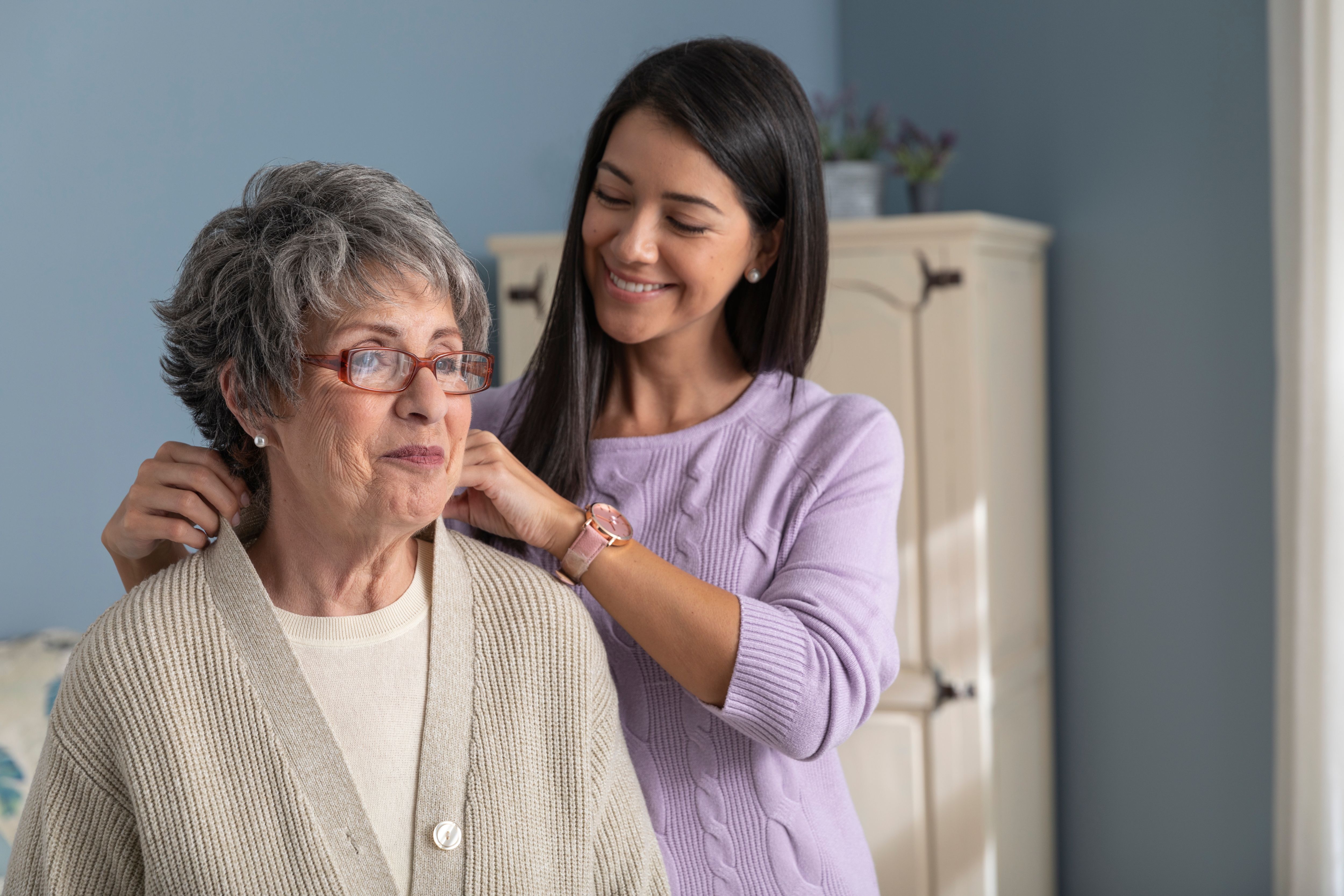Part of being an effective caregiver is knowing your personal limits. Whether the level of care advances beyond your ability to manage or you’re diagnosed with a health problem that requires your own care, sometimes you reach a point when you can no longer effectively be the caregiver.
At that point you may need to hire caregiving help, bring in familial reinforcements, or look into temporary respite care.
Here are signs you may need extra help:
- Your spouse begins to need around- the-clock medical attention.
- Your partner will not take your advice or accept your care.
- Responsibilities like maintenance and bills are neglected.
- You’re neglecting your own well-being for the sake of your spouse.
There are resources available if you need help. The Family Caregiver Alliance has a state-by-state map of services3. If you are specifically looking for eldercare, the Administration for Community Living has a state and city search.
If you can no longer drive to appointments, many health plans include transportation. Additionally, there are organizations that help with transportation for seniors including www.transit.dot.gov, www.eldercare.acl.gov , and www.211.org.
You can also investigate respite care, which is short-term care specifically for when caregivers need additional time to rest, travel or take care of other responsibilities 4. Asking for help doesn’t mean you’re failing as a caregiver, it means you recognize the limitations of your time and want the best care possible for your spouse.




